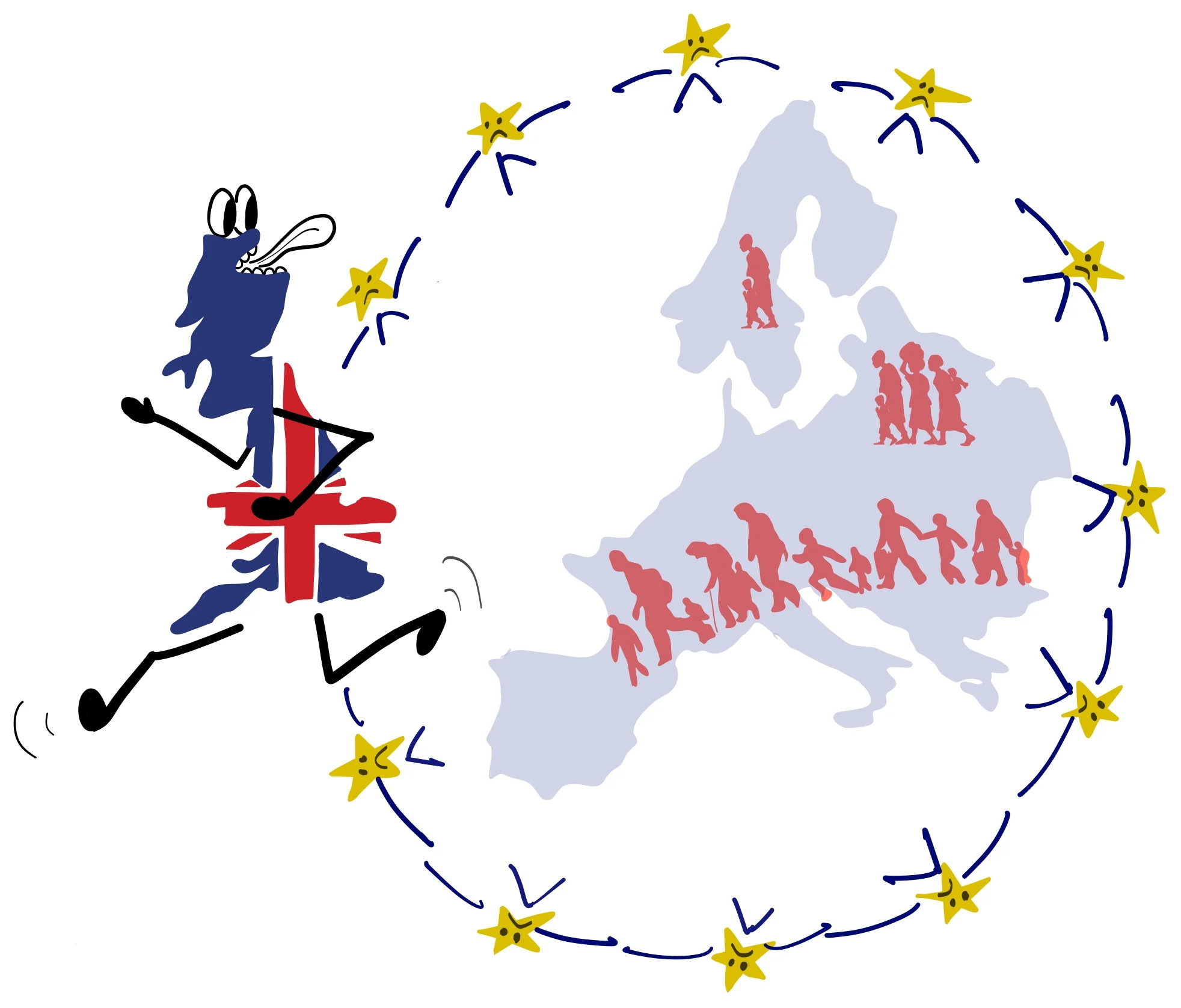Issue 3, July 13 - july 26, 2016
Why no bylines
At the outset, we must acknowledge that our decision to not publish journalist bylines in this newspaper has been inspired by one of the hugely respected current affairs publication of our times, The Economist.
And our reasons are very similar to what The Economist explains here http://www.economist.com/blogs/economist-explains/2013/09/economist-explains-itself-1
Like The Economist, this newspaper also observes the "rampage byline inflation" and the culture of celebrity journalism emanating from that, which has taken over the media landscape around us.
And like The Economist, our main reason for anonymity, is also a staunch belief that "what is written is more important than who writes it", and that "anonymity keeps the editor 'not the master but the servant of something far greater than himself…it gives to the paper an astonishing momentum of thought and principle'."
Moreover, a newspaper like this, is not possible without a collective team effort. Our editorial line is often discussed and debated. Community groups often provide news tips and news pegs. And most importantly, you, our reader's, valuable feedback tells us how to improve.
Every single article, even if finally written by one person, is an end-result of many people contributing towards it.
So instead of one person taking credit for it, the entire team of The Migrant Times owns it.
We take the brickbats or claps collectively!
Though there is one exception to this rule. We do credit outside contributions with bylines, as well as a short profile if the author is willing to share.
We think it's only fair because of two reasons. First, we want to express our gratitude to the person who thought it's worthwhile to contribute in our newspaper. And second, the views expressed by the author may differ from the editorial slant of this newspaper. But we decided to publish the piece nevertheless in line with our commitment towards freedom of expression and giving space to multiple view points.
In such cases, we think it's important for our readers to know that we don't necessarily agree with what the writer is saying.
Social enterprise
According to Statistics New Zealand, the non-profit sector is contributing around $9.51 billion annually to the country's economy, which is 4.4 percent of our GDP. But sadly, in-spite of such a large contribution - which doesn't even take into account the non-quantifiable work of around 114,110 NPIs - only about 10 percent of their staff receive any pay.
While half of their income comes from fees, one third is government funding, and the rest are private donations.
Clearly, the sector is struggling, with the major bottleneck being the paucity of funds.
That's why, this newspaper believes, time is ripe for the third sector to focus on establishing social enterprises.
Granted, not every organisation can do that, neither will every experiment be successful.
But surely, there is a need to ramp up efforts in that direction.
Thinking out-of-the-box to free the third-sector from the clutches of funding is the way to go.
And we want to play our part in this too.
One of the major priority actions listed in CERA's recently released report, Third-sector recovery in post-earthquake Christchurch, is the need to develop "a searchable website to document third sector network activities in greater Christchurch".
The Migrant Times has decided to provide that forum. On our website - themigranttimes.org.nz - we have a special page called The Third Sector where we have started documenting such activities.
We urge all our friends in the third sector to keep sending us the details and populate the database soon.
Gaurav



